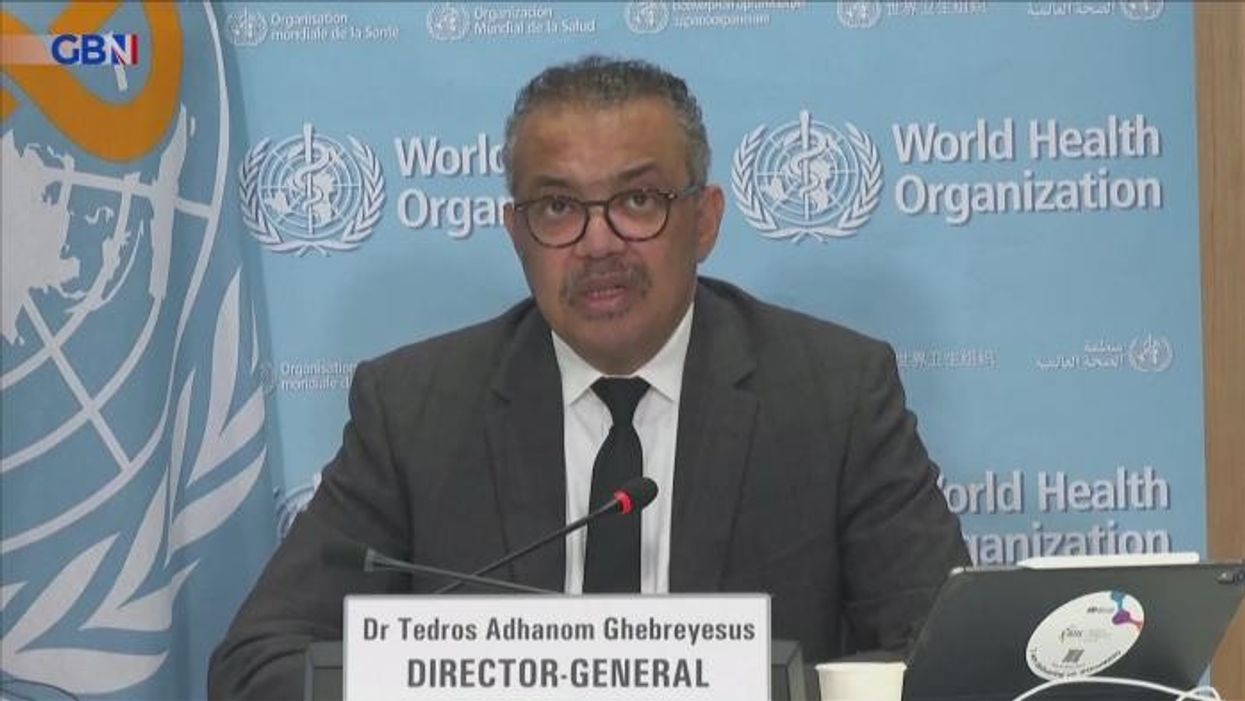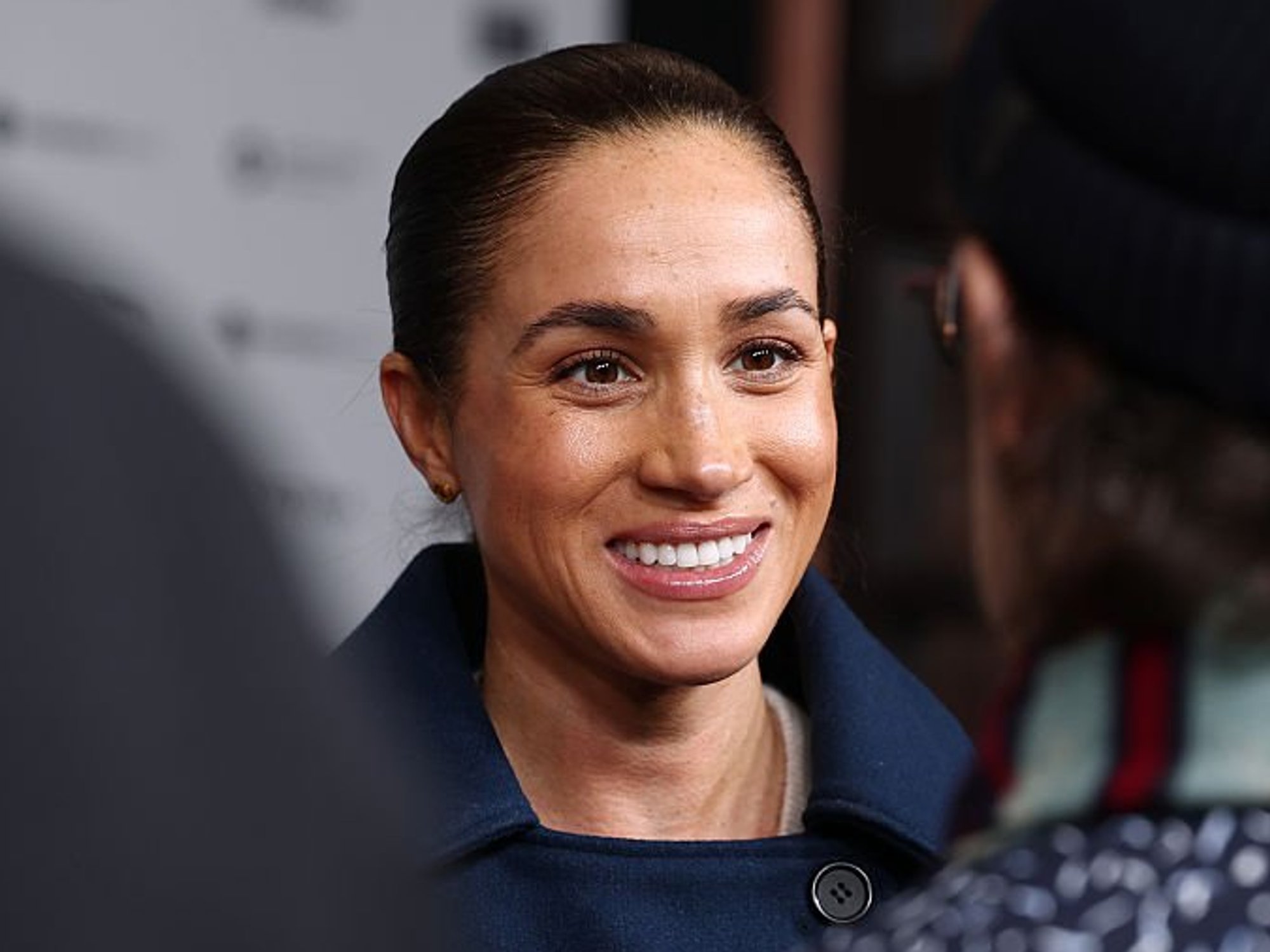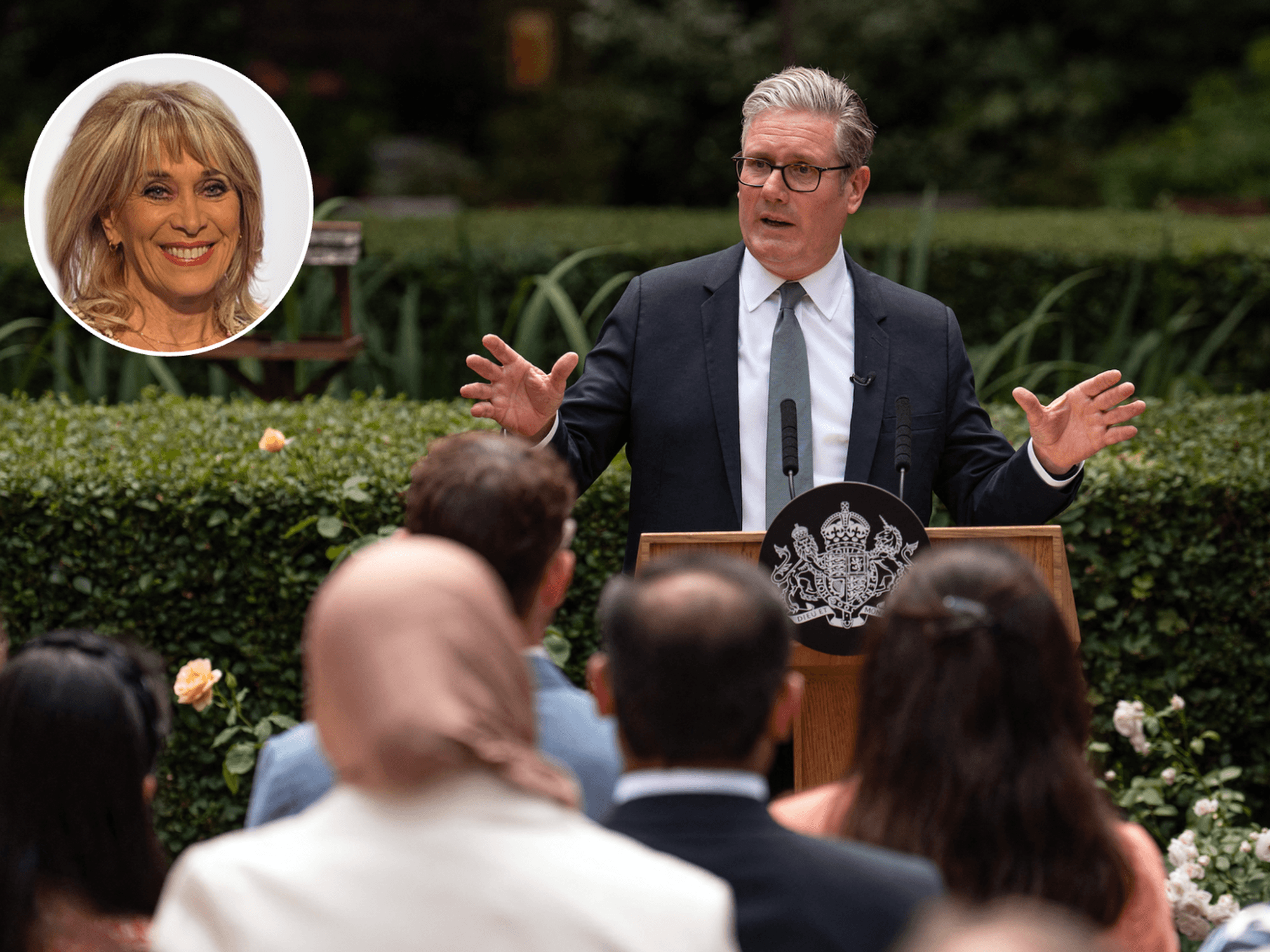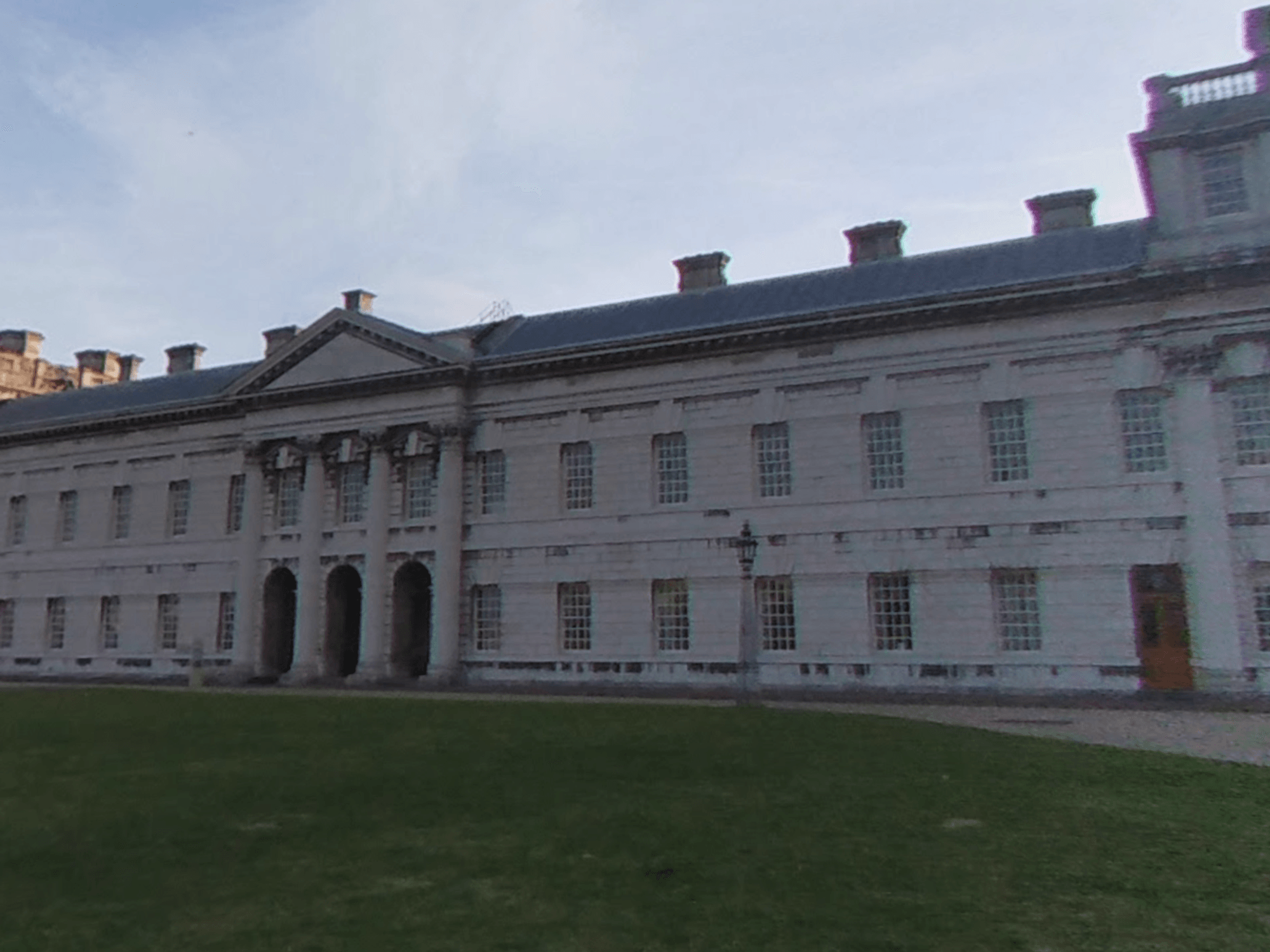WHO rages at 'fake news' as global pandemic treaty faces being rejected

There are growing concerns member states might not reach an agreement before May 27
Don't Miss
Most Read
Latest
The World Health Organisation (WHO) has been left raging about a “torrent of fakes news” after plans for a global pandemic preparedness agreement face rejection.
An international accord has been in the pipeline for more than two-years as the WHO’s 194 member states look at ways to become better equipped to deal with the next health catastrophe.
The plan was for member states to seal the agreement on May 27 when they convene for the 2024 World Health Assembly.
However, the WHO’s director-general Tedros Adhanom Ghebreyesus claimed momentum had been slowed down by entrenched positions and “a torrent of fake news, lies, and conspiracy theories”.
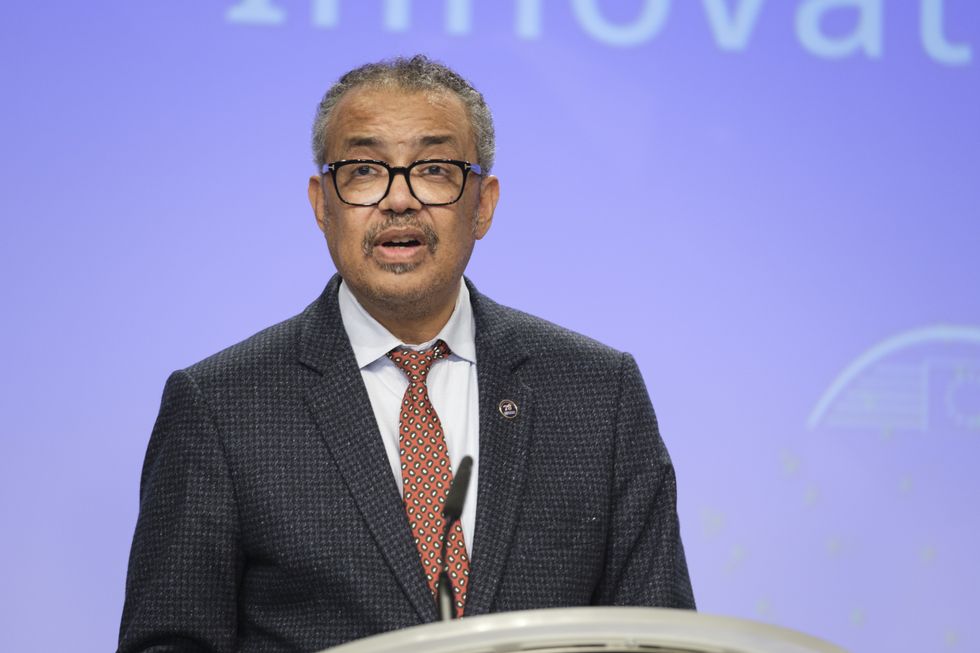
WHO director-general Tedros Adhanom Ghebreyesus warned 'fake news, lies, and conspiracy theories' were damaging efforts to reach an agreement
|GETTY
The former Ethiopian Health Minister also warned if nobody was prepared to seize the initiative or give ground, the whole project risked going nowhere.
Speaking in Geneva on Monday, Tedros said: “Time is very short.
“And there are several outstanding issues that remain to be resolved.”
He added: “[Failure to strike an agreement would be] a missed opportunity for which future generations may not forgive us.”
LATEST DEVELOPMENTS: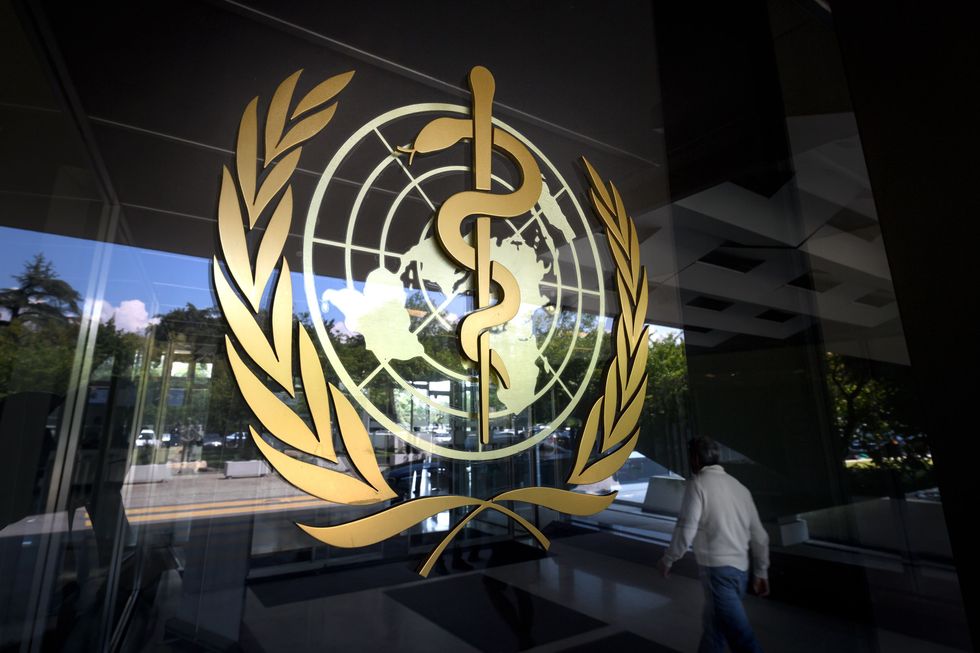
WHO member states will convene for the 2024 World Health Assembly
|GETTY
Tedros also argued claims that the accord would cede sovereignty to the WHO or give it the power to impose lockdowns and vaccine mandates were “completely false”.
He explained: “We cannot allow this historic agreement, this milestone in global health, to be sabotaged.”
Ashley Bloomfield, the chief executive of New Zealand’s health ministry during the pandemic and co-chair of the IHR negotiations, echoed Tedros' concerns.
He argued that a “coordinated and sophisticated campaign” of misinformation and disinformation attempting to undermine the process.
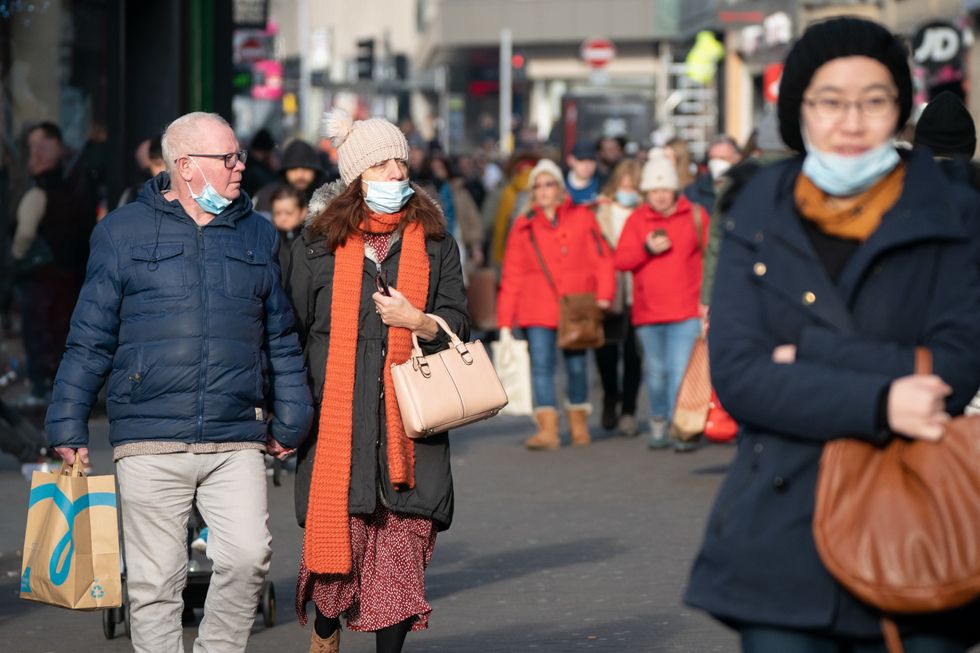 A study found under-vaccinated people aged over 75 were more than twice as likely to suffer a severe Covid-19 outcome than those who were fully protected | PA
A study found under-vaccinated people aged over 75 were more than twice as likely to suffer a severe Covid-19 outcome than those who were fully protected | PAWHO member states decided in December 2021 to create a new international instrument on pandemic prevention, preparedness and response, aimed at ensuring the flaws that turned Covid-19 into a global crisis could never happen again.
Roland Driece, who is co-chairing the negotiations, revealed disagreements were emerging between European nations who want more money invested in pandemic preparation and African nations who put greater emphasis on knowledge, vaccines and treatments.
The WHO declared Covid-19 a public health emergency of international concern on January 30, 2020.
The international emergency ended on May 2023.


